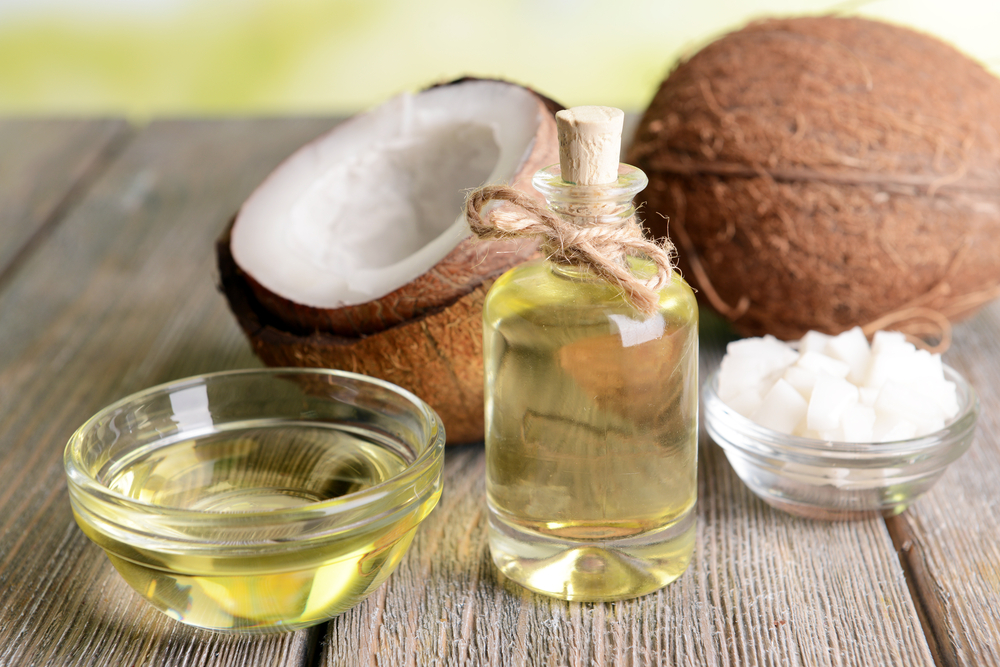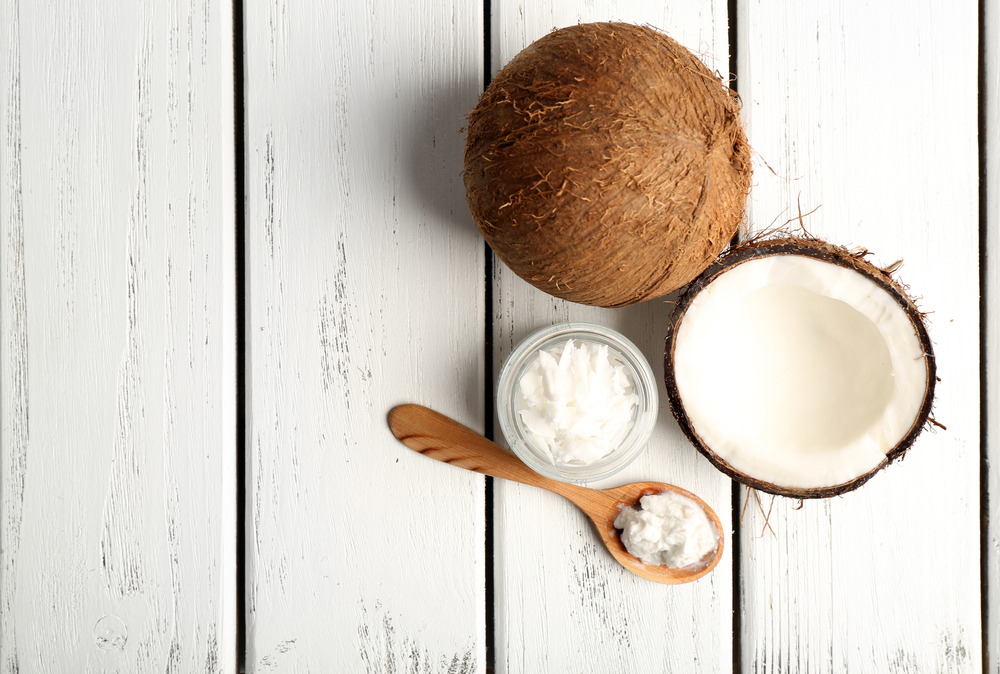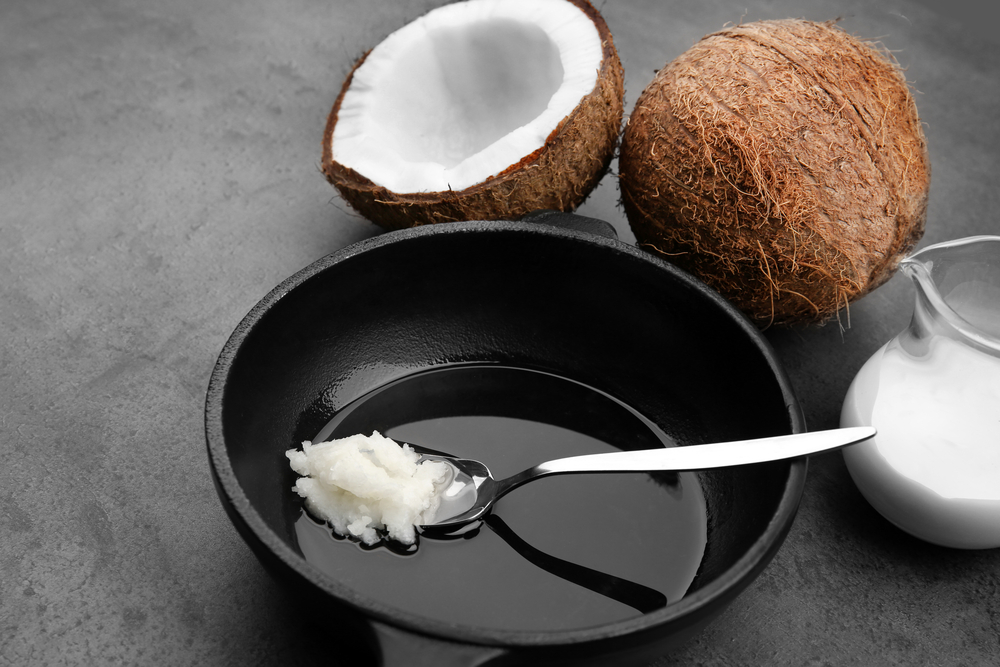Coconut oil has exploded in popularity in the last decade boasting positive health benefits over other oils, particularly by health conscious foodies. It seems like it’s used in everything from recipes to cleaning supplies and even skincare products. However, within the last year or so, individual practitioners and institutions like the American Heart Association have expressed concern with the healthfulness associated with consuming this particular oil, stating that it may not have as many positive benefits as it leads on.
This has left most of us wondering if coconut oil is, in fact, our friend or our foe. There are always two sides to every good story and we’re here to lay out the arguments for and against coconut oil. Ultimately, you will be the judge!
Argument
Coconut oil is high in saturated fat. According to the American Heart Association elevated intakes of saturated fats raise LDL cholesterol levels (known as the “bad” cholesterol), which increase risk of heart disease.

Counter
Yes, coconut oil is high in saturated fat, but one must dig deeper and consider the ratio of lauric to non- auric fatty acid when it comes to saturated fats because it influences its overall health credentials. Because coconut oil is much higher in the lauric variety than other vegetable oils, this may play a role in coconut oil’s ability to positively influence HDL cholesterol (known as the “good” cholesterol). In general, some fat in the diet is good. Fat supports the brain, absorb vitamins, and gives us healthy hair, skin, and nails.
Argument
Coconut oil may be less desirable for cooking because it’s solid at room temperature and has a distinct coconutty flavor.

Counter
While coconut oil may not be the best vehicle for recipes like salad dressings, because it’s solid at room temperature it makes a good replacement in baked good recipes that call for a solid source of fat like butter. The flavor of coconut oil can also really complement certain dishes, especially Thai curries. If you’re not partial the coconutty flavor but still want to utilize coconut oil, select a refined variety of the oil with a more neutral taste.
Argument
Coconut oil isn’t as high in other health-promoting compounds compared to other vegetable oils, which are high in unsaturated fat and may be rich in antioxidants shown to lower heart disease risk.

Counter
It’s easy to get distracted by coconut oil’s high saturated fat content and forget it’s higher in medium chain triglycerides (MCTs) compared to other vegetable oils, which have been shown to have positive health implications like increased metabolism when consumed over long-chain triglycerides. Not to mention there is some research that suggests coconut oil may act as an antimicrobial, reduce oxidative stress, and help regulate blood sugar levels.
General Recommendation
Without truly isolating the diets of human participants, studies are limited on coconut oil’s effects on the diet, particularly long term. So as with all good things, enjoy in moderation. Consume a diet that’s high in fruits and vegetables, whole grains, a variety of fats /oil, and lean meats. Oh, and ease up on the sugar and refined grains will ya?
The opinions expressed in this post are purely my own and are not intended to diagnose or treat. Please consult your medical provider prior to making any drastic changes to your diet.
by: Carly Sippel Nutrition April 22, 2018
